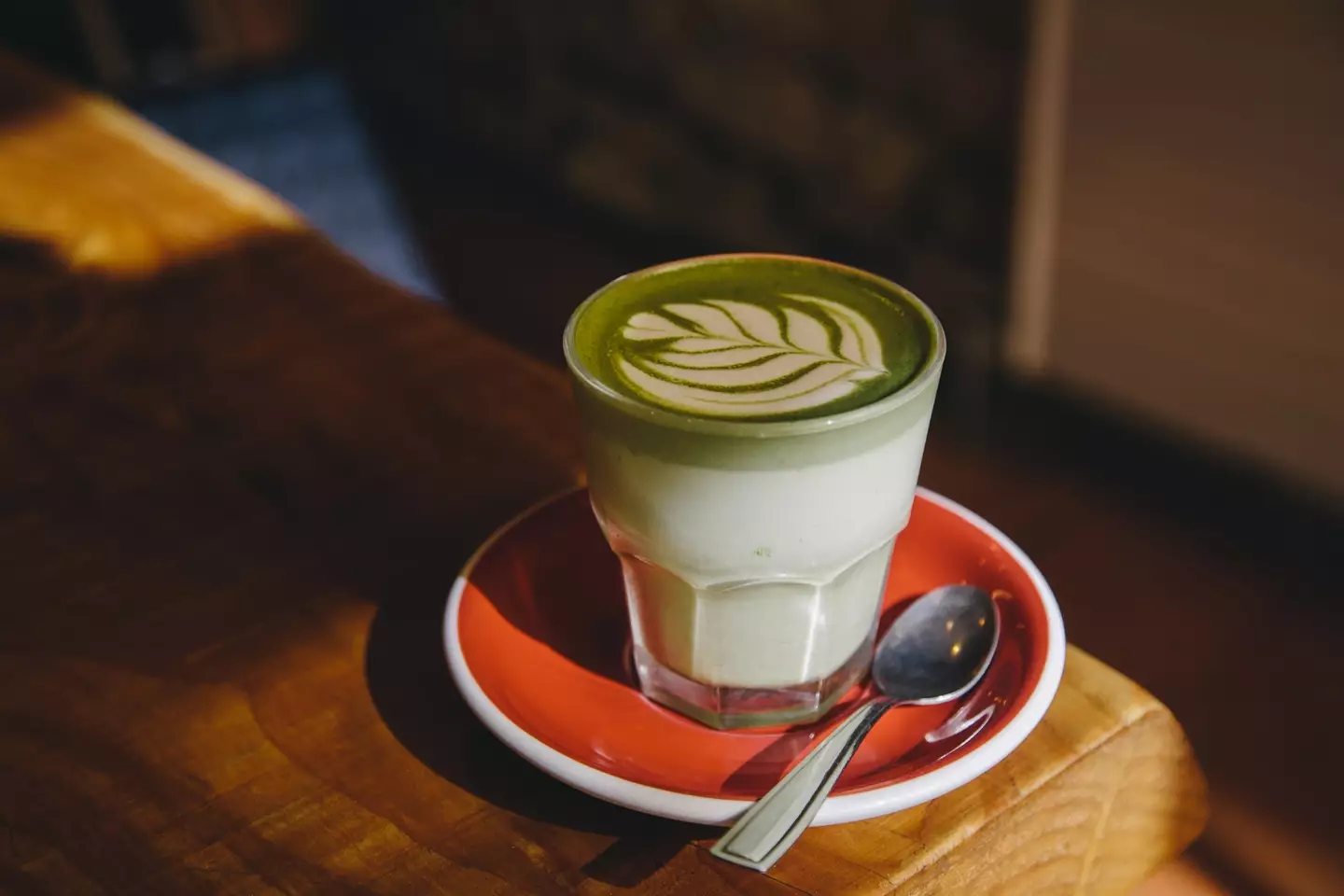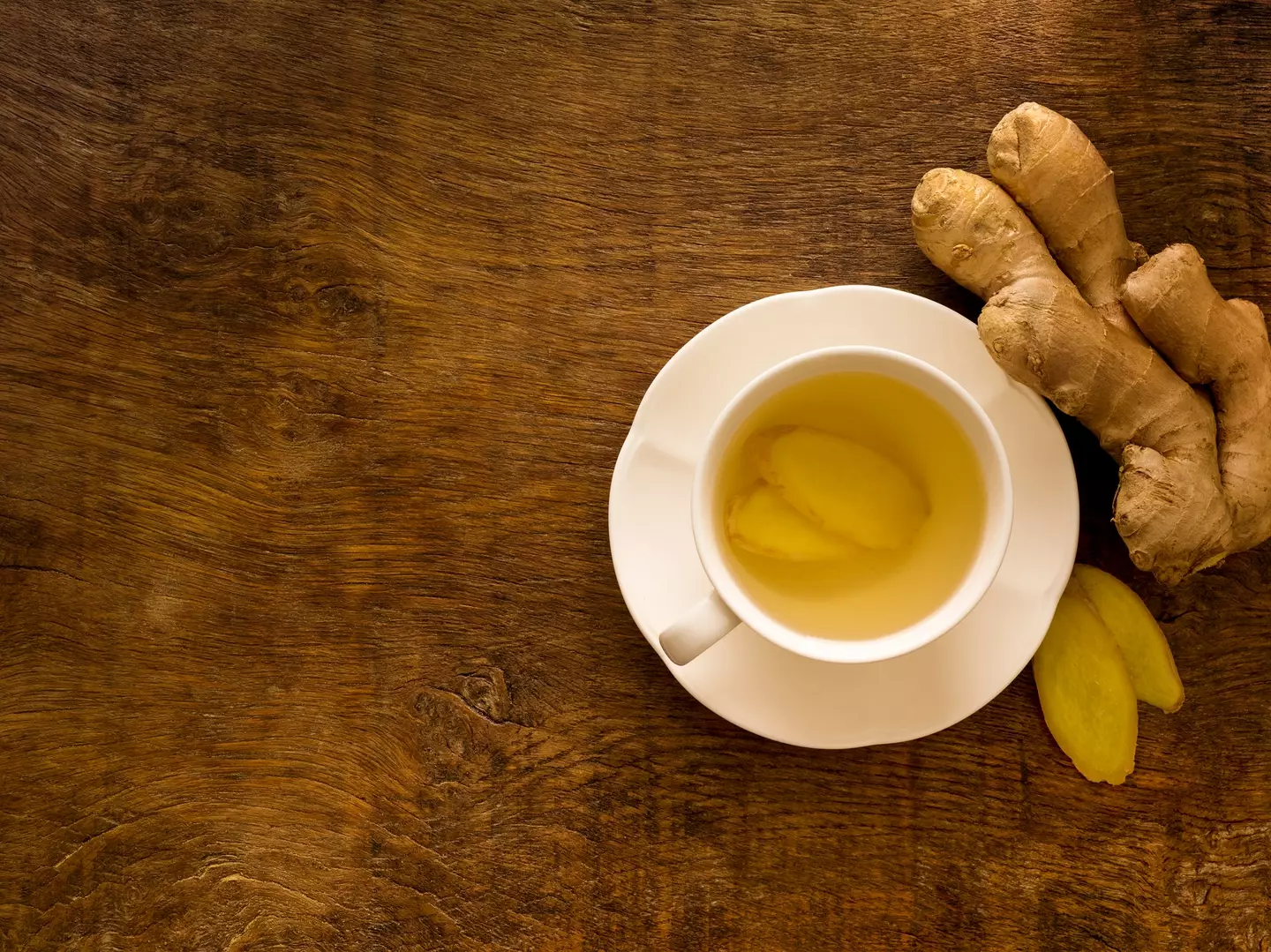
As a nation renowned for its unusual tea habit, it’s fair to say most people reading this will have a mug of it at least once a day.
Between us, we go through around 100 million cups of it each day, eclipsing the 98 million cups of coffee we get through every time the planet completes a spin.
English Breakfast is go-to, of course, with a little dose of caffeine to pep you up along with the comforting, bolstering quality it’s got, but there’s no end of different varieties to try out.
Herbal teas, green teas, matcha, and chai are all wildly popular too, each conferring different nutritional values and ensuring we can all have a preferred tea for any and all occasions.
Advert

However, your tea might be having some negative effects on your body depending on what you’re drinking, how often you’re drinking it and, most crucially, when you’re drinking it.
Speaking to Delish, registered dietician Lauren Manaker said: "Drinking tea on an empty stomach can be both beneficial and potentially problematic." Let’s dig into the details.
Green and black tea
This covers your English Breakfast, Darjeeling and Assam, among others, as well as Matcha and Jasmine Green teas.
Their acidity isn’t great for our guts, according to Manaker, although the potential ill effects can be avoided if you eat your breakfast before you tuck into a mug. On an empty stomach, these teas may cause nausea, stomach aches, and acid reflux.
"Also, the caffeine content might trigger similar effects and might be better enjoyed with a little food to buffer its impact," she explained.
However, according to Jessica Strawn who also spoke with Delish, green and black teas have nutrient-to-nutrient reactions when consumed before or after meals that may inhibit the nutritional value of your grub.
The polyphenols in these teas can reduce your absorption of non-heme iron common to beans, nuts, dark leafy greens and legumes. It can also impact upon absorption of heme irons from animal-based protein sources.
With that in mind, Strawn recommends drinking black or green year before meals so it can pass through your gut before the food hits your system.
Herbal teas
Herbal teas, such as ginger, chamomile and peppermint have positive digestive effects.
"Herbal teas, like chamomile or ginger, may soothe the stomach and even help prepare your digestion for the day," said Manaker.
"They're generally gentle and less likely to cause any discomfort when consumed first thing in the morning."
Strawn, however, said that some herbal teas, particularly ginger, may be best-consumed after or during meals.

"Research indicates that ginger can speed up digestion by reducing gastric emptying time and improving stomach rhythm, leading to better digestive function," she said.
Hibiscus tea is another example she gave, noting that it’s been linked with reduced blood pressure. Mint, meanwhile, can soothe bloating and doesn’t seem to have any negative impacts when consumed on an empty stomach.
